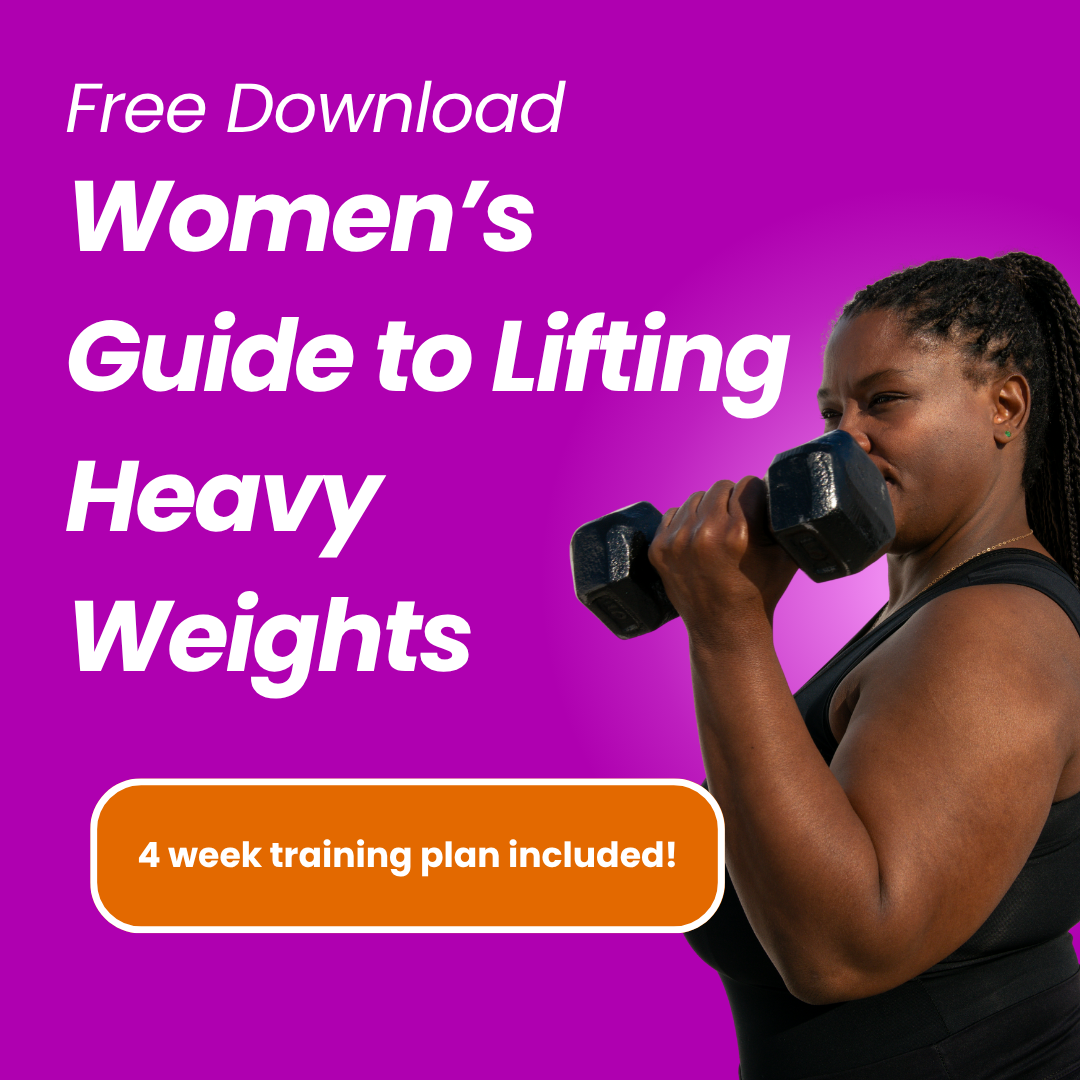
Suicidal Thoughts and Menopause
Sep 20, 2022Data show that menopausal women experience mental health issues, including suicidal thoughts, but too many stay silent.
By Selene Yeager
Suicide isn’t an easy topic to talk about. But it’s far too important a topic to not talk about. Many members in our community have posted in our channels about depression, runaway anxiety, sudden feelings of rage, and dark, frightening thoughts, including suicidal ideation. Studies and statistics show they're far from alone.
A while back, The Independent reported a research exclusive based on a survey of 2,000 women ages 46 to 60 in the UK that found that nine in 10 women going through the menopausal transition experienced mental health problems. One in ten experienced thoughts of suicide. More than a third of them said they hadn’t sought help for their symptoms. Eight out of 10 said they didn’t discuss their mental health issues with their partner or spouse.
This report came out just one month before this story in the BBC about Linda Salmon, 56, who died by suicide after her anxiety worsened during the Covid pandemic.
Her husband, who had been with her for more than 40 years, came to believe that menopause was a "big contribution" to her mental state and that severe anxiety related to the pandemic had "pushed her over the edge". He told The BBC that he believes that if he and his wife had known the link between menopause and mental health, they would have sought potentially life-saving help.
Suicide Rates Are Higher in the Menopause Transition
Suicide rates are much higher than many people realize. It is a leading cause of death in the U.S. with nearly 46,000 people dying by suicide in 2020 alone. Millions of people contemplate suicide and women in the menopause transition are particularly vulnerable. The CDC reports that among females, the highest rates of suicide are among those ages 45 to 64. Similarly, the Office for National Statistics (ONS) in the UK reports that among females, the age-specific suicide rate was highest in those aged 45 to 49 years. Australian data echo these findings with the highest age-specific suicide rate being in women ages 45 to 49 and the second highest rate in those ages 50 to 54.
In a 2018 Australian study titled Perimenopausal depression-an under-recognized entity, the authors conclude: "These suicides should alert us to think about contributing factors, including biological changes in the gonadal hormones associated with the transition to menopause as well as social and psychological stresses in the midlife period."
Women in this community know these stresses all too well. As Dr. Sarah McKay discussed in episode 38 of Hit Play Not Pause: This is Your Brain on Menopause, hormones can be just one part of a larger midlife tapestry that can be detrimental to our well-being.
"You reach your early 50s and you might be at the peak of your career, and you've got aging parents, and perhaps teenagers who are going through their adolescence, and you've got a whole lot of outside stressors, threats, challenges, and opportunities at play as well," she explained. "We also have this quite negative perception about what menopause means." All of that can exacerbate mental health struggles.
Regardless of their origin, remember that the mental symptoms women experience during menopause are every bit as real as hot flashes, night sweats, and sleep disturbances (which can contribute to mental health issues). It's not all in your head or something to try to push through. See your doctor if you're struggling. They can provide you with the support and help you need.
Hormone Therapy and Suicide: A Connection to Watch
Some women use hormone therapy for their anxiety and depression during menopause, which research shows may help and many women say they find it's a godsend, but it's critical to work with your health care provider if you continue to struggle.
A 2016 Korean study reported that postmenopausal women receiving menopausal hormone therapy, especially for more than 10 years, showed increased suicidal ideation compared with postmenopausal women who did not use hormone therapy. They concluded that "physicians should pay attention to mood symptoms and suicidal ideation in postmenopausal women with HRT [hormone replacement therapy]."
A 2021 study of more than 290,000 women veterans that found that menopausal hormone therapy (MHT) was associated with an increased risk of suicide attempt and over 2-fold increased risk of death by suicide. The researchers concluded that "Menopausal hormone therapy may be an important indicator of suicide risk among midlife and older women."
Importantly, there are many complex factors here (including that veterans are at a significantly higher risk for suicide than the general population) and neither of these studies indicates causation.
"Regarding MHT and the increased risk of suicide attempt, keep in mind that the people who are taking MHT are often the ones with the most severe symptoms," says endocrinologist Carla DiGirolamo, MD, PhD. "These severe symptoms may have a greater causal relationship to risk of suicide than the actual MHT itself."
The bottom line here is if you’re seeking hormone therapy for mood issues, this is important information for you and your doctor to have. As has come up many times on the Hit Play Not Pause podcast, hormone therapy is not one-size-all, "set it and forget it". You may need to adjust your formulations to find what works for you.
Above All, You Are Not Alone
The upside of these stories, studies, and statistics is that we are finally talking about all of this and bringing it from the shadows into the daylight where we can address it without stigma and shame.
We’re here for each other, offering support, advice from our own experiences, and if nothing else, a shoulder to lean on and an ear for venting. Women struggling in darkness have turned their moods around dramatically after learning that what they’re experiencing could be a reaction to a change in hormones or hormone therapy.

So, this is a reminder that no matter what, you are part of a community of women who get it. We’re here to share our sorrows as well as our encouraging stories and athletic achievements. Together, we are never alone. So let’s keep the conversation going.
Crisis Resources
As supportive as our community is, if you’re experiencing thoughts of suicide, get help. There are professionals available to you 24 hours a day. If you are in a crisis or are experiencing difficult or suicidal thoughts:
- Call or text the 988 Suicide & Crisis Lifeline at 988.
- You can also contact the Crisis Text Line (text HELLO to 741741). Both services provide 24-hour, confidential support to anyone in suicidal crisis or emotional distress.
- Contact 911 immediately if you or someone you know is in a life-threatening emergency.
Get Feisty 40+ in Your Inbox
We hate SPAM. We will never sell your information, for any reason or send you emails that suck!


